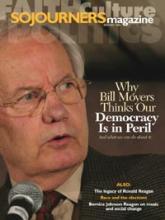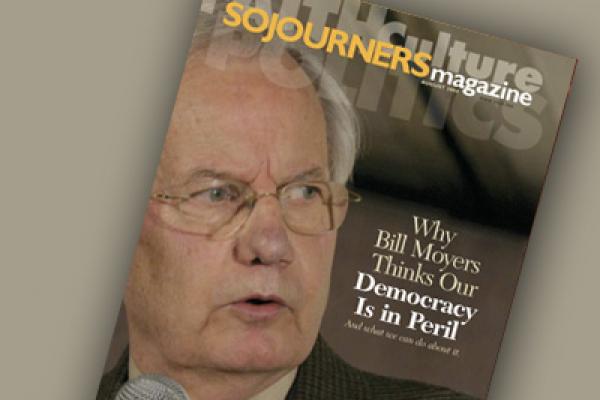It was September 1998 in Bloomington, Indiana. A group of concerned citizens was gathered in the basement of St. Paul Catholic Center. They were thinking and talking about living their ideals. Some had planted trees in Africa. Some described ways they honor the indigenous spirit of a place, and their own ancestors. One frustrated woman voiced the nagging worry of many. "I want to do something, but what can I do? I'm just one person, an average person. I can't have an impact. I live with the despair of my own powerlessness. I can't bring myself to do anything. The world is so screwed up, and I have so little power. I feel so paralyzed."
I practically exploded.
Years before I had been stricken by a debilitating illness. Perilymph fistula's symptoms are like those of multiple sclerosis. On some days I was functional. On others, and I could never predict when these days would strike, I was literally, not metaphorically, paralyzed. I couldn't leave the house; I could barely stand up. I had moved to Bloomington for grad school. I knew no one in town. I couldn't get health care because I hadn't enough money, and the Social Security Administration, against the advice of its own physician and vocational advisers, denied my claim.
That's why I imitated Mount Vesuvius when the participant claimed that just one person, one average person, can't do anything significant to make the world a better place, that the only logical option was passivity, surrender, and despair.
Read the Full Article

